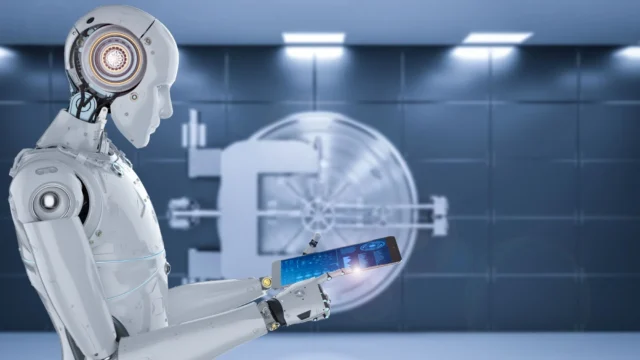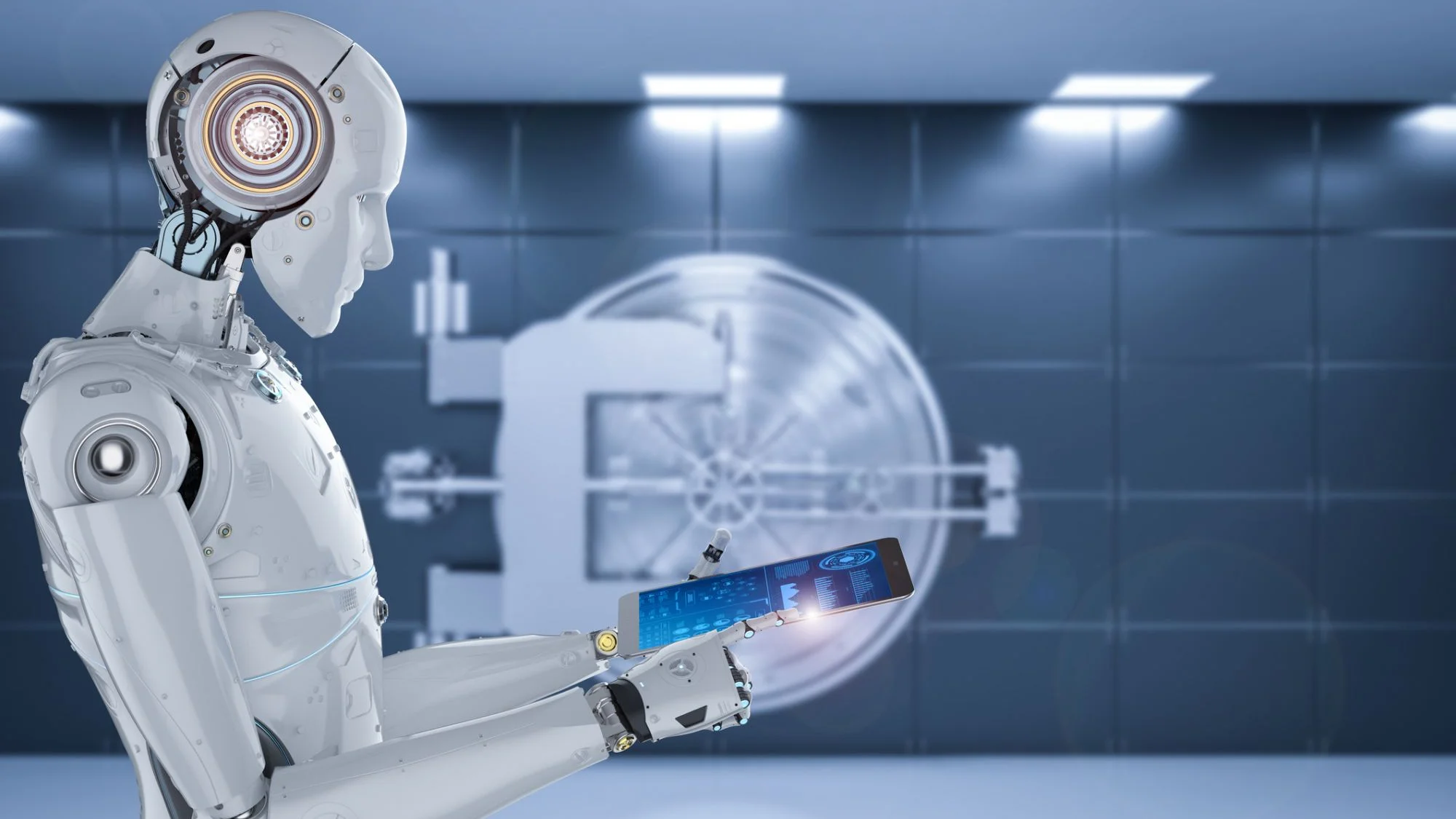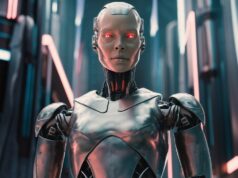
Artificial intelligence (AI) is rapidly transforming the world, and its impact on the job market is profound. Some experts believe that AI could eventually automate so many jobs that humans will no longer need to work. While this may seem like a distant future, it is important to start thinking about the implications of this possibility now.
Key Highlights:
- AI is already automating many tasks that were once done by humans, such as driving, customer service, and manufacturing.
- As AI continues to develop, it is likely to automate even more jobs, including those that require creativity and critical thinking.
- This could lead to a future where humans are no longer needed to work in order to meet their basic needs.
AI is already automating many tasks that were once done by humans. For example, self-driving cars are already being tested on public roads, and customer service chatbots are becoming increasingly common. AI is also being used to automate tasks in manufacturing, healthcare, and other industries.
As AI continues to develop, it is likely to automate even more jobs, including those that require creativity and critical thinking. For example, AI-powered writing tools can already generate high-quality text, and AI-powered design tools can create sophisticated images and videos. This means that AI could eventually automate many jobs that are currently done by writers, artists, and other creative professionals.
This could lead to a future where humans are no longer needed to work in order to meet their basic needs. AI could produce all of the goods and services that we need, and we could live in a world of abundance. However, it is important to note that this future is not inevitable. There are a number of challenges that need to be addressed before we reach a point where AI can fully automate the economy.
One challenge is that AI is still in its early stages of development. AI systems are not yet capable of performing all of the tasks that humans can do, and they can be prone to errors. Additionally, AI systems can be biased, which could lead to negative consequences for certain groups of people.
Another challenge is that the transition to a future where AI automates many jobs could be disruptive. If large numbers of people lose their jobs to AI, it could lead to social unrest and economic instability.
Despite these challenges, the possibility of a future where AI eliminates the need for work is both exciting and terrifying. It is important to start thinking about how we can prepare for this future and ensure that everyone benefits from the advances in AI technology.
Here are some of the things that we can do to prepare for a future where AI automates many jobs:
- Invest in education and training so that people can develop the skills that they need to succeed in the new economy.
- Create a social safety net to support people who lose their jobs to AI.
- Explore new ways of organizing society and distributing resources in a world where work is no longer necessary.
The future of work is uncertain, but it is clear that AI will play a major role. By starting to think about the implications of AI now, we can help to ensure that everyone benefits from this transformative technology.
AI is rapidly transforming the world, and its impact on the job market is profound. While it is too early to say for sure whether AI will eventually eliminate the need for work, it is important to start thinking about the implications of this possibility now. By investing in education and training, creating a social safety net, and exploring new ways of organizing society, we can help to ensure that everyone benefits from the advances in AI technology.









